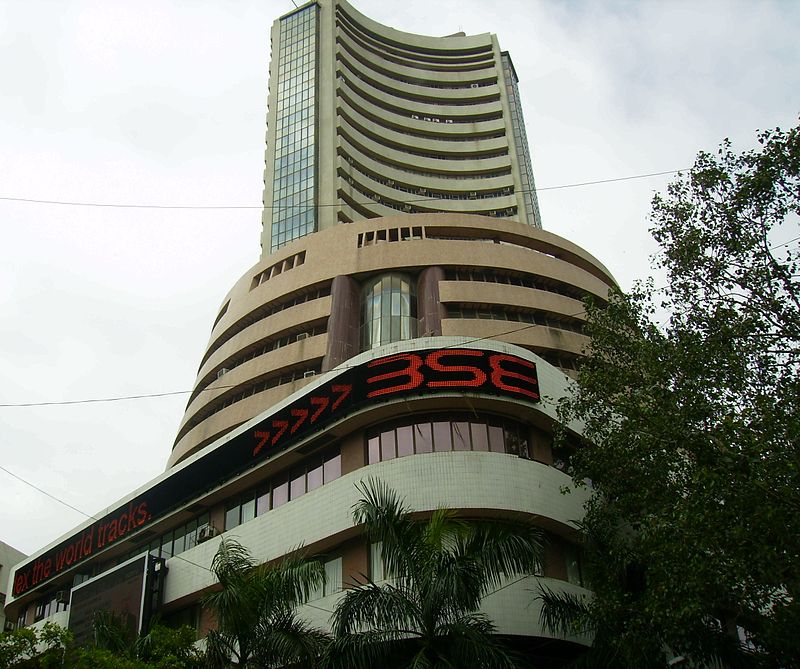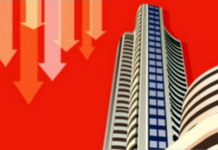Chennai–Global credit rating agency Fitch Ratings on Monday forecast that inflation in India would touch Reserve Bank of India’s (RBI) medium term target range of two-six per cent by end 2018.
In its bi-monthly newsletter the rating agency said: “Fitch forecasts that inflation will drift to the upper end of the RBI’s medium-term inflation target range of 2%-6% by end-2018.”
“The RBI’s policy stance between now and then will provide a clearer idea of whether the new inflation-targeting framework is truly a regime shift,” it added.
Fitch said inflation fell significantly and the rupee stabilised during the three-year-tenure of Raghuram Rajan as RBI Governor and so it was perhaps understandable that his departure created a few jitters.
“However, it does not take a Governor with Rajan’s high profile to run a central bank that prioritises inflation and delivers economic stability,” Dan Martin, senior analyst, Fitch Wire said.
The RBI is now led by Urjit Patel. The newly established six-person monetary policy committee he heads voted to cut interest rates at its first meeting since Rajan’s exit.
Consumer price inflation came in at 4.3 per cent year-on-year in September, comfortably below the RBI’s five per cent target for end March 2017, Fitch said.
Moreover, India’s external position has improved in recent years, and is no longer of major concern to the central bank.
According to Fitch the new inflation-targeting framework – implemented under Rajan – that focuses on consumer prices instead of wholesale prices represents significant improvement.
“Institutional support for policies that keep inflation in check has also risen. Government officials appear to have grown more cognizant of the downside of high inflation, and have allowed more limited increases in minimum support prices for agricultural products,” Fitch said.
The credit rating agency said, it is still far too early to say that there has been a structural shift to a more stable inflation environment that might support India’s credit profile.
“The decline in inflation under Rajan was at least partly driven by a big fall in global commodity prices. Keeping inflation low without that supply-side help could require a more active role for the RBI.
“The government’s decision to raise public-sector salaries by 24 per cent earlier this year will also add to price pressure,” Fitch said. (IANS)






